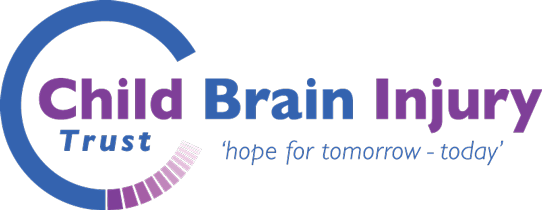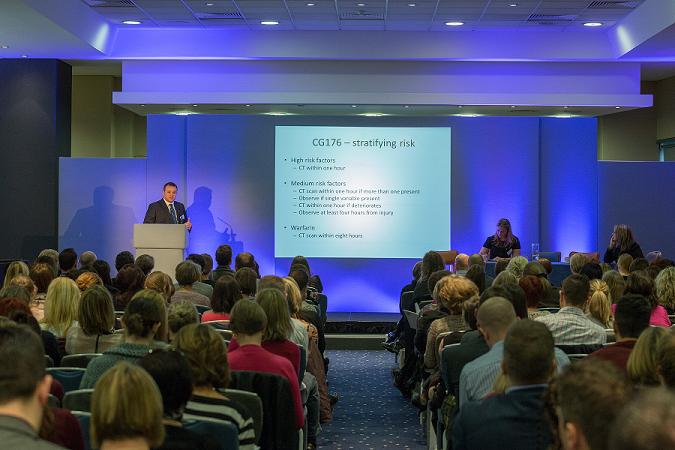Blog written by parent Charmian Johnson…
Skip back to the morning session blog
After a delicious hot buffet lunch and a further look at the exhibitions, it was time for the afternoon session. Professor John Stein, Emeritus Professor and Fellow of Magdalen College, Oxford, gave a fascinating insight into the similarities and differences between acquired and developmental dyslexia, their genetic and neurological backgrounds and the surprisingly simple and effective means of treating them. Text on a page looks wobbly to those with dyslexia and Professor Stein’s research has shown that wearing blue or yellow glasses can help stabilise this. Omega 3, the essential fatty acid found in oily fish and some plants, also help with neurotransmissions. Incidentally, Professor Stein’s brother is the chef Rick Stein, famed for his enthusiasm for fish – presumably the family levels of Omega 3 are more than sufficient! Next up was Sue Davie, Chief Executive Officer of Meningitis Now. The charity recently commissioned research into the hidden impact of bacterial meningitis, of which there are around 3,000 cases a year. 10-15% of survivors will have physical disabilities but a significant number of them will have cognitive, speech and language and emotional difficulties which are not always linked to their illness. They need to be assessed like any other child with a brain injury.
I was particularly keen to hear Dr Heather Ball and Dr Julia Howe, both Educational Psychologists working in the West Midlands, whose talk on the impact of SEN Reform on outcomes for children with ABI was very topical as the new reforms come into effect in September. The SEN Statement will be replaced by new Education, Health and Social Care Plans with an emphasis on transition to adulthood as they cover a child up to the age of 25 if he/she stays in education. There will be a three year transition period for existing statements I was glad to hear – having just got my son settled at secondary school I am quite happy to keep his Statement for the time being! A child centred approach and personalised budgets will be defining features of the new Plans but they will vary depending on the local offer. Worryingly not all children with ABI will be eligible for these new Plans.
Alas, it was time for me to leave the conference as I had to catch my train back to Oxford. I was sorry to miss the last session which covered the Jackson reforms and legal aid (Santinder Hunjan, QC from No 5 Chambers) and research into how children and young people make decisions into their lives (Anne Marie Boylan, Researcher, Oxford University).
So thank you Child Brain Injury Trust for another fascinating and inspiring conference. As usual I came home with masses of information and a to-do list of enquiries and follow-ups. But most importantly I came away reassured that much research continues into childhood ABI and its impact by very caring and committed professionals. Childhood brain injury is a long and uncertain journey for children and their families, but by working together for better understanding and rehabilitation, it does not have to be the end of the rainbow.


